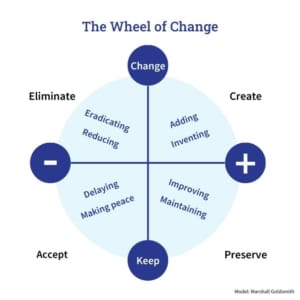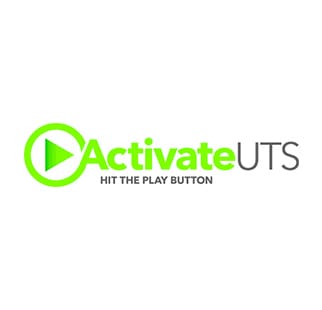Maximise the value of your employee feedback
Get in touch with our friendly team to discover how we can assist you in achieving tangible improvements in staff engagement.
Benchmarking board performance: 500 board reviews later
Unlock evidence-based insights into board performance

Written by Insync, Principal, Tony Matthews
You would probably be surprised to know how few organisations undertake action planning following a comprehensive employee survey. But if there is no effort to translate employee feedback into meaningful action, then what is the value of undertaking the research, to begin with?
The true value of an employee survey lies in the action planning that follows.
Based on my experiences working in the employee research field, I would go one step further to suggest that where an organisation chooses to do nothing with survey feedback, employee engagement can be even more detrimentally affected. We see this in the response rate for the next survey which is often lower. One interpretation for this is that employees are left wondering ‘What is the point?’.
I thought I might share a few tips that have helped many of Insync’s clients to establish an effective action response following their engagement survey.
While not a hard and fast rule, action planning should seek to address themes and trends identified from a survey. This is not an absolute rule in the sense that action planning can follow a more qualitative process such as brainstorming, but you want to make sure that the data collected represents a group’s position and not just the opinion of the more vocal few.
So many times, I have tried to move a group forward when they are not ready. My learning is that you need to start where the group is at. If they feel aggrieved, you need to give them time to table it and feel heard. At the same time, when you shift into action planning, you must be prepared to call it out when they recede into the problem. It’s a balance (sometimes I even separate these two elements into two sessions).
Don’t fall into the trap of thinking that action planning is just asking a team ‘What can we do better?’. Structure and participatory processes are important for getting the most from the collective wisdom and energy of the group. Initially developed as a coaching model, I find that Marshall Goldsmith’s ‘Wheel of Change’ is a process that applies well to action planning.


Ask yourself, what is needed for this group to feel ‘safe’ in speaking what’s on their mind and having their voice heard.
Some important considerations here include:
How quickly you communicate the ‘where to next’ is critical. The group needs to see tangible actions as a result of their work, and these should be communicated promptly. That’s not to say that all ideas should or can be acted on and this should be clearly articulated through the process so that expectations are managed.
I am a big advocate for this. If the team owns the problem, they are probably best equipped to implement the solution or outcomes. Of course, some plans or ideas always require a higher level of approval or strategic focus; however, we should always look for the ‘quick wins’ where team members themselves can take direct accountability. Giving the work back helps to break down the ‘them and us’ mentality by changing the narrative from ‘what can be done for us’ to ‘what can we do for ourselves’.
Let the team know how they are doing and what is changing as a result of their work. Don’t just assume that people can see the changes. Telling the good stories is important to realigning the team and building engagement.
If you think that we can help you here at Insync, or you would just like to bounce some ideas around with us, please touch base.
With years of experience in designing, developing and delivering high-quality leadership and professional development programs and activities, Tony has a passion and drive for creating learning organisations and great-performing teams.


Insync provide an easy to use engagement survey model. The support throughout the implementation and feedback reports were very insightful and helpful for developing some good action planning. Thanks for your amazing service and support.
Get in touch with our friendly team to discover how we can assist you in achieving tangible improvements in staff engagement.
Unlock the power of employee feedback with strategic action planning. Learn to leverage voices, identify areas for improvement, and maximise buy-in with our ...
Discover the invaluable tips driving Cenitex's employee engagement and transformative enhancements in our latest case study.
Join the BoardPro Webinar, where Nicholas Barnett will discuss the crucial role of the Board Skills Matrix in the director selection process.
Explore the nuances of redeveloping or reviewing your Local Government Community Vision. Find clarity and guidance here.
We use cookies to enhance your experience. Further use is considered consent. You can read more about cookies in our Privacy Policy.


You’ll always get a real person when you contact Insync.
Let's get started